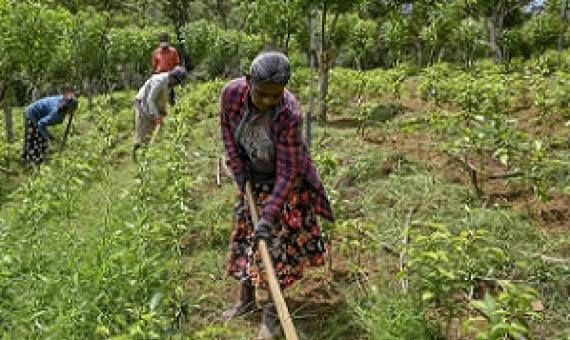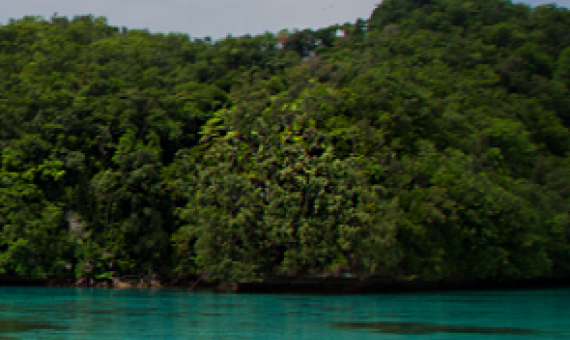Three approaches that aim to cut the harms of agriculture — land sharing, rewilding and organic farming — risk driving up food imports and causing environmental damage overseas. An alternative approach is both effective and cheaper.
How far have we come? A review of MPA network performance indicators in reaching qualitative elements of Aichi Target 11
Effective networks of marine protected areas (MPAs) are explicitly recognized and called for in international biodiversity conservation strategies such as the Aichi Targets. While various indicators have been proposed to assess effectiveness of individual MPAs, no comprehensive set of indicators exists for MPA networks, particularly for Aichi Target 11. The qualitative elements of this target recognize the value of social, economic, governance, and ecological factors in achieving effective biodiversity conservation.
New research shows how conservation policies can avoid having unintended consequences for local ecosystems and people.
Linking Human Destruction of Nature to COVID‑19 Increases Support for Wildlife Conservation Policies
This paper investigates if narratives varying the cause of the COVID-19 pandemic affects pro-wildlife conservation outcomes. In a pre-registered online experiment (N=1081), we randomly allocated subjects to either a control group or to one of three narrative treatment groups, each presenting a different likely cause of the COVID-19 outbreak: an animal cause; an animal and human cause (AHC); and an animal, human or lab cause.








